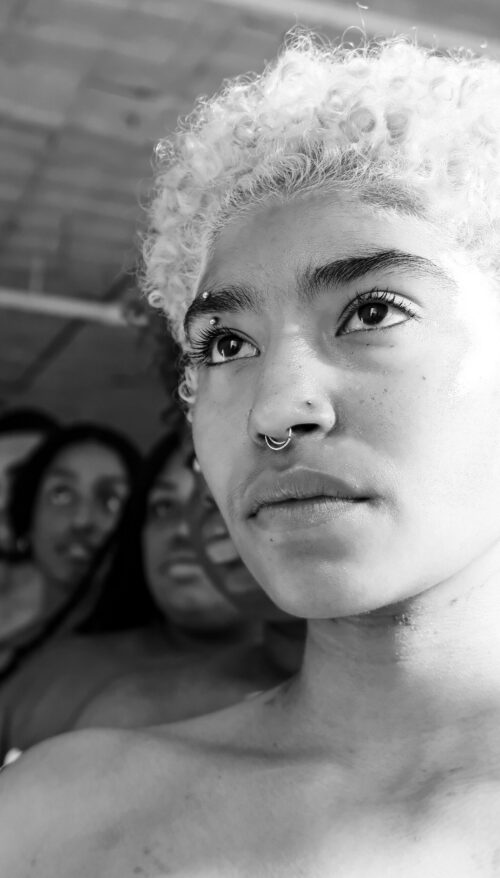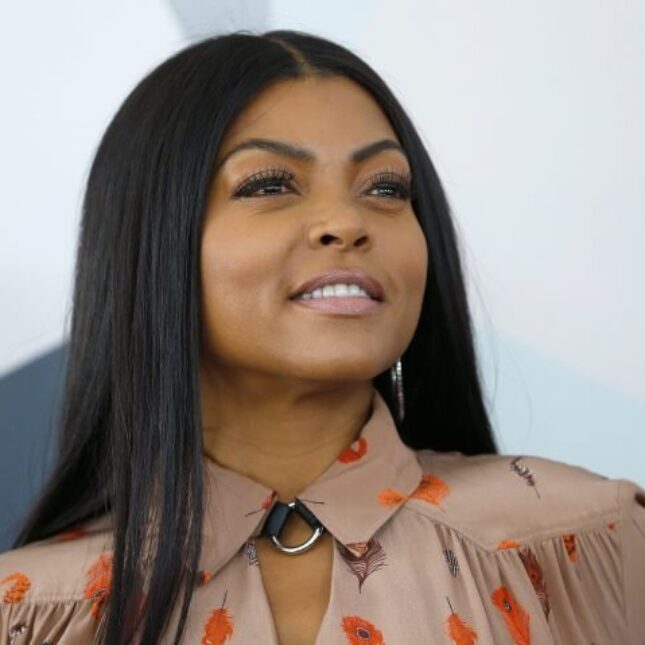
Our Story
Founded in 2018, the Boris Lawrence Henson Foundation was born out of a deeply personal journey of loss and frustration. Taraji P. Henson, alongside her best friend Tracie Jade Jenkins, embarked on a mission to honor the legacy of Taraji's father, Boris Lawrence Henson, who battled untreated mental health issues after returning from the Vietnam War. Motivated by their own experiences and the glaring absence of culturally relevant mental health support, they took a bold step forward and established BLHF with a clear mission: to destigmatize mental health within BIPOC and underrepresented communities and enhance accessibility.
As a pioneering force in mental health advocacy in BIPOC and underrepresented communities, BLHF is dedicated to empowering individuals to embrace their history and heritage. Understanding the unique needs of communities of color, BLHF provides culturally competent therapy referrals and wellness resources. Through trusted referrals and a deep understanding of the health of under-resourced populations, BLHF has built a reputation for its unwavering commitment to ending the stigma surrounding mental health.
BLHF actively promotes mental wellness and strives to eradicate stigmatizing language surrounding mental illness through impactful programs, awareness campaigns, and educational initiatives. With a focus on providing vital mental health resources and fostering an environment of understanding and acceptance, BLHF encourages underserved communities to seek help and support without fear or shame. Together, we're working towards a future where mental health thrives in BIPOC and underrepresented communities, empowering individuals to prioritize their well-being and access the care they deserve.


Joint Letter from our Founder & Executive Director

2023 marks the 5th year anniversary of The Boris Lawrence Henson Foundation.
As we reflect on the past five years, we want to pause to express so much gratitude to our donors, partners, and community. Since our launch in 2018, we have remained committed to our mission of eradicating the stigma around mental health in BIPOC and underrepresented communities.
We continue to dedicate ourselves to changing the narrative by speaking out, and encouraging others to share their challenges with mental illness and to get the help they need.
Through dedicated programming and services over the years, we have seen a significant increase in the participation and conversations around mental wellness, but we still have so much work to do. The systemic challenges that BIPOC and underrepresented communities continue to face are deeply rooted. We are committed to breaking down the barriers to equitable access and positive change. We're excited about what we have planned this year and the impact we will continue to make with your help, as we strive towards mental health equity for all. Joy is indeed our birthright.
XOXO
Taraji P. Henson and Tracie Jade
Taraji P. Henson and Tracie Jade JenkinsFounder & Executive Director
Boris Lawrence Henson Foundation
Mission
Our mission is to create a new tradition of care for BIPOC and underrepresented communities, clearing pathways that allow people of color to see what their lives look like on the other side of suffering. We help you choose Joy over Everything.
Vision
The Boris L. Henson Foundation's vision is to improve mental health in under-resourced communities by building culturally-competent resources, programs, and education nationwide.
What We're Fighting For
We fight for a better future by advocating for mental health support in schools, reducing the alarming suicide rate among minorities, addressing mental health issues among the incarcerated population to reduce recidivism rates, increasing the representation of minority therapists, and ensuring more individuals from under-resourced communities receive the care they need. Together, we strive to uplift and transform mental health outcomes in our communities.
Impact ReportMental Health Support In Schools
African-American children, ages 5-12, who have died by suicide between 2006-2016. (CDC)
Reduced Prison Recidivism Rate
People in state prison reported to have mental issues in 2005, 54% were African-American. (BJS Survey)
Increase In Underrepresented Therapists
Psychology PhDs awarded in 2008, 5.8% were African-Americans, 76% were Caucasian. (APA Report)


